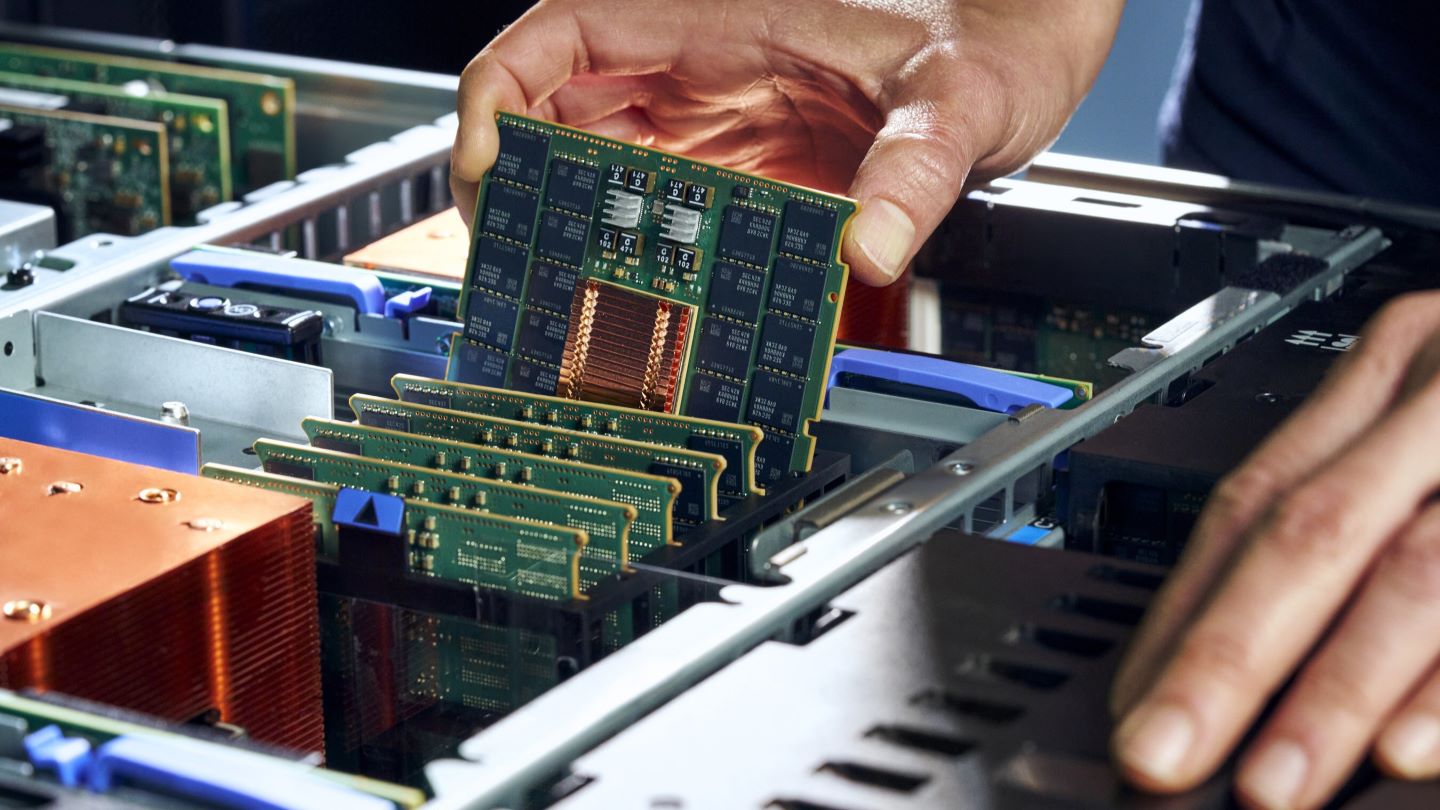
IBM has announced the launch of its next-generation IBM Power11 servers, aiming to simplify AI processes for enterprises.
According to the US tech major, the Power11 servers are redesigned with innovations in processor, hardware architecture, and virtualisation software for hybrid deployment on-premises or in IBM Cloud.
Industries such as banking, healthcare, retail, and government have traditionally relied on IBM Power for data-intensive workloads.
With the advent of AI, enterprises face new technological challenges.
IBM’s Power11 is built to provide simplified, always-on operations with hybrid cloud flexibility, helping enterprises stay competitive in the AI era, the company said.
Power11 is engineered to be a resilient server, claiming to offer up to 99.9999% uptime.

US Tariffs are shifting - will you react or anticipate?
Don’t let policy changes catch you off guard. Stay proactive with real-time data and expert analysis.
By GlobalDataIt aims to eliminate planned downtime for system maintenance and guarantees ransomware threat detection in under one minute with IBM Power Cyber Vault.
Additionally, Power11 will support the IBM Spyre Accelerator, a system-on-a-chip designed for AI-intensive inference workloads.
The IBM Spyre Accelerator will be part of IBM’s enterprise systems portfolio, including Power11, IBM z17, and LinuxONE 5, providing advanced AI acceleration to scale AI across hybrid cloud environments.
IBM said Power11 offers up to 55% better core performance compared to Power9 and up to 45% more capacity with higher core counts in entry and mid-range systems compared to Power10.
IBM Power11 will be generally available on 25 July 2025, with the IBM Spyre Accelerator expected in the last quarter of 2025.
IBM GM of Power systems Tom McPherson said: “IBM Power11 changes the game for enterprise computing. With Power11, clients can accelerate into the AI era with innovations tailored to their most pressing business needs.
“We are taking advantage of the full IBM stack to deliver hybrid cloud, AI, and automation capabilities while building on our decades-long reputation as a trustworthy hybrid infrastructure for essential workloads.”
Last month, IBM and Japan’s national research laboratory RIKEN unveiled the first IBM Quantum System Two outside the US.
Located with RIKEN’s supercomputer Fugaku, it was launched on 24 June 2025 in Kobe, Japan.
The system is powered by IBM’s 156-qubit Quantum Heron processor, which boasts a two-qubit error rate significantly better than its predecessor, IBM Quantum Eagle.







